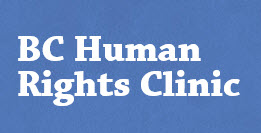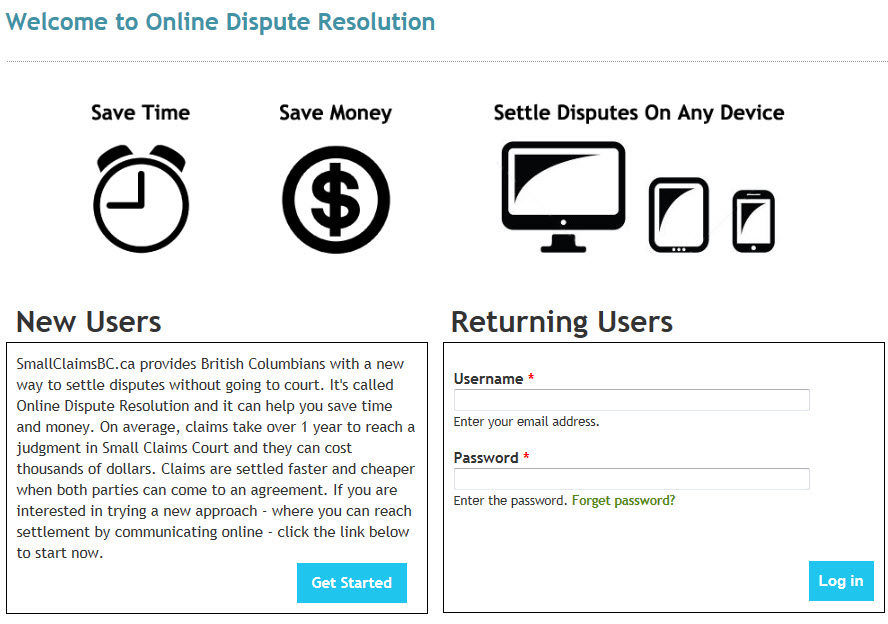New Service Alert: Human Rights Clinic Provides Advocacy & Legal Representation
 Today’s post introduces a New Service from The BC Human Rights Clinic and Community Legal Assistance Society (CLAS), a Clicklaw contributor.
Today’s post introduces a New Service from The BC Human Rights Clinic and Community Legal Assistance Society (CLAS), a Clicklaw contributor.
WHY THIS NEW SERVICE?
The new BC Human Rights Clinic is the result of a 2014 Ministry of Justice review, merging two human rights organizations:
The BC Human Rights Coalition, who operated advocacy, information, and education services for the Clinic, merged with CLAS, who were operating legal services for the Clinic.
WHO CAN USE THIS NEW SERVICE?
You may qualify for this service if you have a complaint before the BC Human Rights Tribunal and seek legal representation or advocacy. You first go through an intake process and must meet certain criteria to qualify. One example of what can qualify you for assistance is the inability to obtain legal representation for free or at a reduced rate from a legal provider.
WHAT CAN THIS NEW SERVICE DO FOR YOU?
- filing amendments;
- attending settlement meetings;
- negotiating settlements;
- making applications;
- responding to applications;
- and doing disclosure
Legal Representation provided if your case is not settled or dismissed includes:
- clinic lawyers who may represent the complainant at a full hearing; or
- provide other limited legal assistance; or
- CLAS lawyers who are able to provide further limited help with submissions if required, following a hearing.
In addition to advocacy and representation, the BC Human Rights Clinic is contracted to provide Public Legal Education and Information, a Drop-in Clinic and Duty Counsel services.
Click here to learn more about human rights
HOW DO I GET STARTED?
Find Contact Information, Hours of Service and more at the BC Human Rights Clinic Service Listing for this service on the HelpMap.
Click here to learn more about Community Legal Assistance Society (CLAS)







